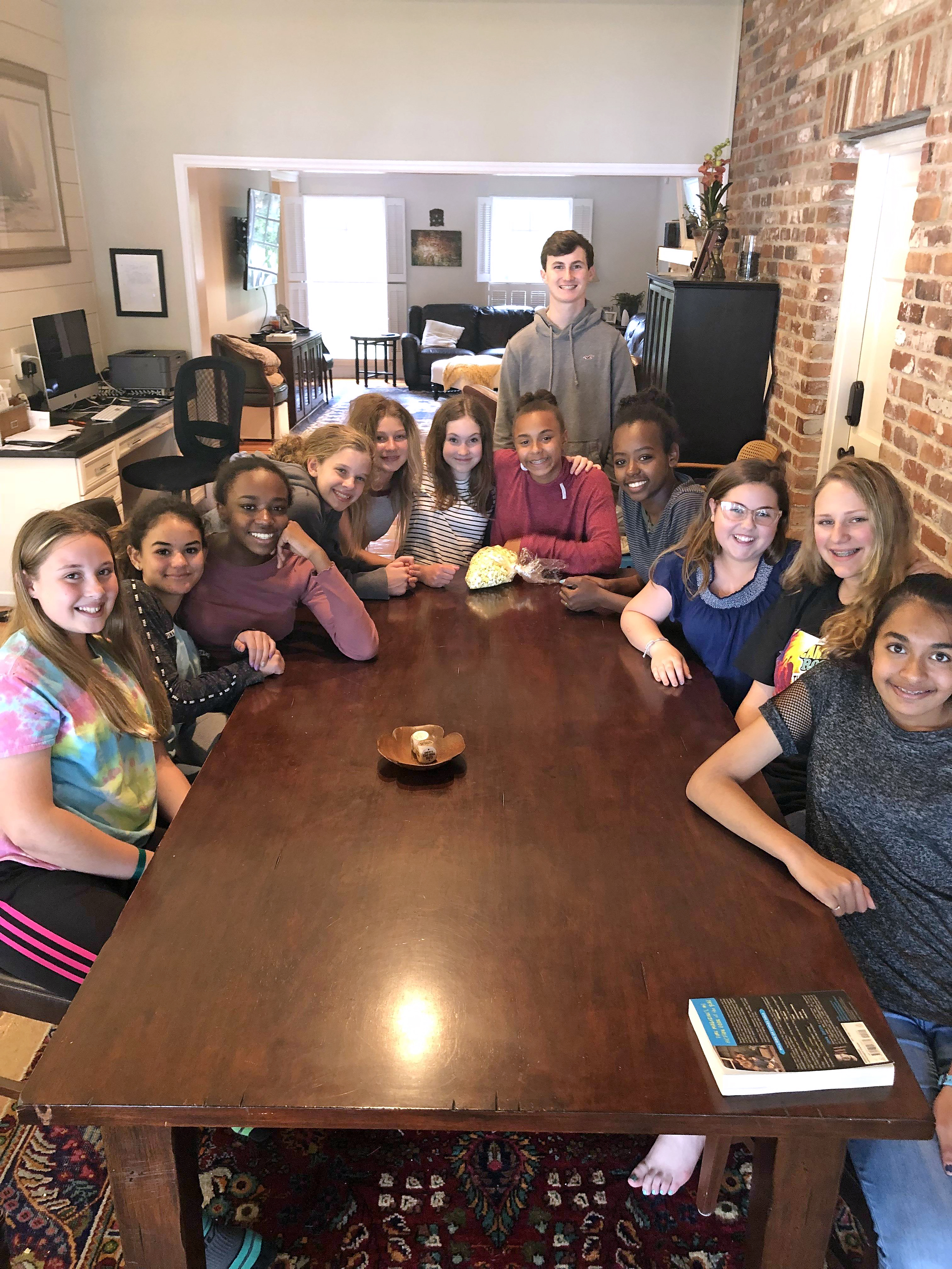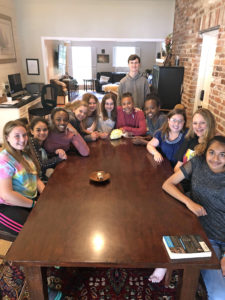



An unsettling school lockdown was still fresh in their minds as junior youth group members assembled three days later in the home of facilitator Jackson Roberts.
Roberts, a 17-year-old high school junior, has his own thoughts on school safety. In fact, he was one of a small number of students selected by the principal to meet with U.S. Rep. Kathy Castor when she visited his school.


But Roberts was careful not to inject those views into his group’s consultation, he says. He just provided facts when asked, and facilitated the “very active discussion.”
“I asked them some central questions and let them go with the flow,” he recalls. “I called on them but I did not direct them or tell them my own biases.
“Everyone was very eager to participate. And everyone had a lot to say. We actually had to cut it short, it went on for so long.”
The junior youths “come from very different backgrounds” and the discussion was “very two-sided,” says Roberts.
But “everyone there was open-minded. It was really cool to see because they weren’t really debating or fighting. They were just trying to understand better the whole situation.”
Roberts says some of the group members suggested, “and the rest came to a common agreement” on, some possible solutions to gun violence and mental illness.
The discussion wasn’t the first the junior youths had on issues related to school and community, says Roberts. Bottom line for these young people, he says: “making it a safer and more open environment for others.”
In a discussion facilitated soon after the Parkland shootings by Jackson Roberts’ mother, Leah, she recalls that, “They carefully but thoughtfully discussed specific examples of kids that might be at risk for being lonely or set aside because they are not always participating in a conventional way. They talked about how everyone at some point feels left out and how painful that can be.”
The junior youths also “talked about social media and its risks and rewards,” she says.
“Some of the junior youth seemed to have expanded their own understanding of these challenges and reflected on why they feel compelled to post their social experiences on social media, and how it feels when others do.”
The conversation came full circle, she says, and “was so beautiful.”
“They even discussed how easy it can be to be overly sensitive when we are feeling less than included and that we all need to keep perspective so that we don’t run the risk of having unintentional slights cause us so much hurt that we waste our time being unhappy.”


![]()
![]()
Whether you are exploring the Bahá'í Faith or looking to become an active member, there are various ways you can connect with our community.
Please ensure that all the Required Fields* are completed before submitting.